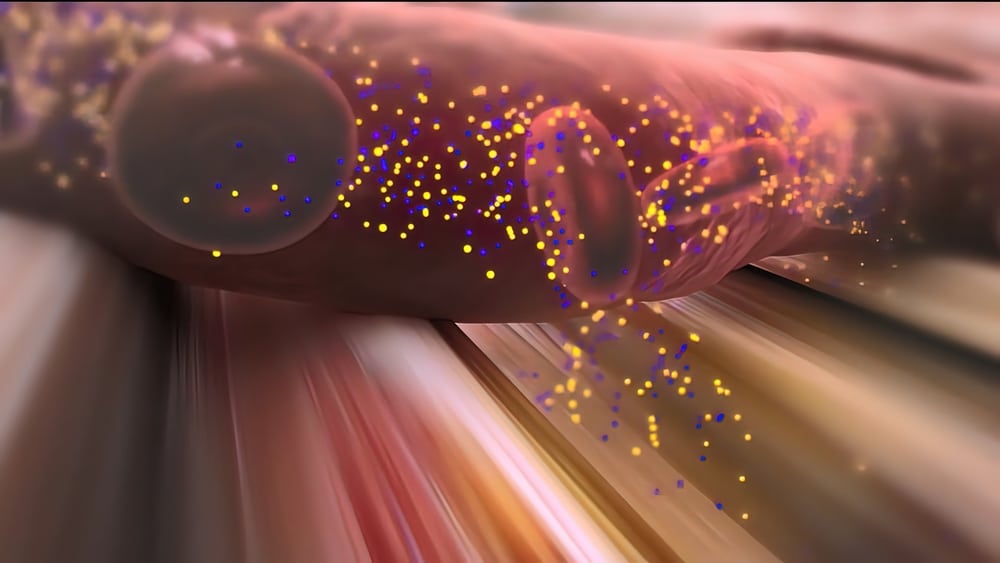Creative Medical Technology Holdings yesterday (November 3) announced its investigational new drug (IND) application has been cleared by the U.S. Food and Drug Administration (FDA).
This will enable the company to start initiating a clinical trial for type 1 diabetes using AlloStem.
The primary objective of the study is to evaluate Allostem in patients with newly diagnosed type 1 diabetes. Patient recruitment is expected to begin in the first quarter of next year (2023).
Creative Medical Technology Holdings – first clearance
Allostem uses the power of perinatal tissue derived cells (PRDC) for self-renewal ability, low antigenicity, reduced toxicity and large-scale clinical expansion.
Timothy Warbington, CEO of Creative Medical Technology Holdings said: “This is a milestone event for Creative Medical Technology Holdings as it marks the Company’s first IND clearance from the FDA.”
“We are excited to commence this trial under the guidance of one of the world’s most respected diabetes clinical researchers and at a renowned research institute.”
FDA clearance
Warbington continued: “We are also excited to announce the use of our proprietary AlloStem product in this study, as we believe it validates our efforts in creating assets that support our approach to developing immunotherapies.
“With this IND clearance, we are accelerating our efforts to identify novel biologics and develop therapies with the potential to effectively treat unmet needs of patients. I wish to acknowledge our team and collaborators for their hard work and dedication to this program.”
The company report that as of 2019, there were 1.6 million adults aged 20 years or older diagnosed with type 1 diabetes (T1D) in the U.S. It said the economic burden caused by T1D amounts to approximately $14.4 billion in medical costs and lost income, and there are currently limited treatment options beyond insulin.
Diabetes
T1D results from the autoimmune destruction of insulin-producing islet cells in the pancreas, leading to loss of insulin production and impairment of blood glucose control.
The absence of insulin leads to abnormalities in how the body processes nutrients, leading to high blood glucose levels. High blood glucose can lead to diabetic ketoacidosis and over time, to complications such as kidney disease/failure, eye disease – including vision loss, heart disease, stroke, nerve damage and even death.
Due to the limitations and complexities of insulin delivery systems, Creative Medical Technology Holdings said it can be difficult to achieve and maintain balance in glucose control in patients with T1D. Hypoglycemia remains a critical limiting factor in glycemic management, and severe hypoglycemia can cause loss of consciousness, coma, seizures, injury, and can be fatal.





